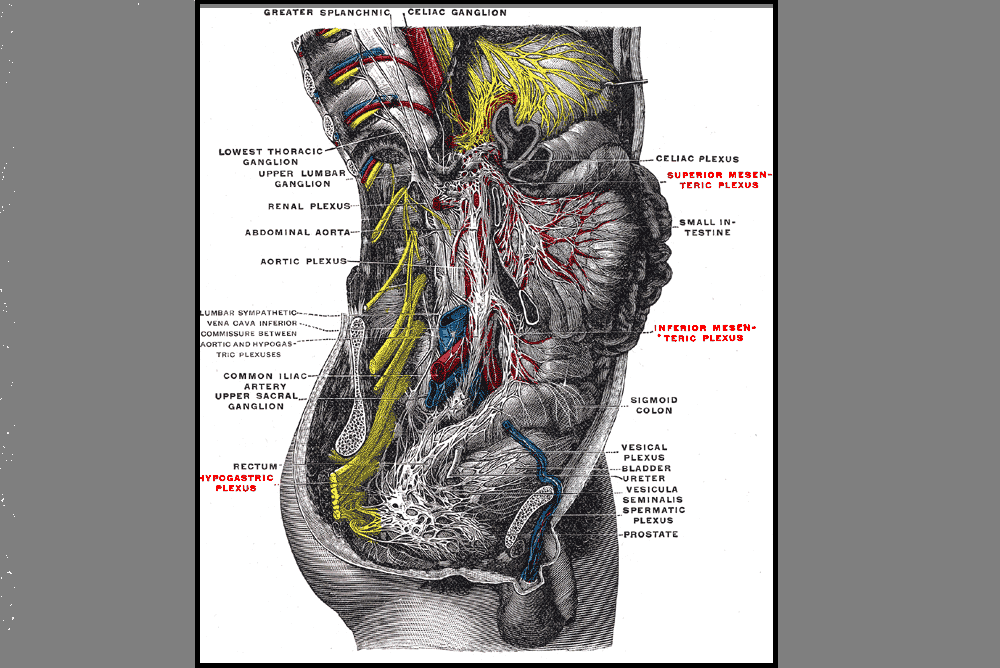Does Having A Baby Alter A Reflex Pelvic Floor Contraction?

The merriam-webster online dictionary defines reflex as "an action or movement of the body that happens automatically as a reaction to something" or as "something that you do without thinking as a reaction to something." This reflexive action ideally describes what the pelvic floor does when we perform an activity that increases intra-abdominal pressure- and that can help us tighten the pelvic floor protectively so that urine is not expelled from the bladder and out the urethra. A research article by Dietz, Bond, & Shek asked if childbirth interrupted the body's natural reflex of contracting the pelvic floor muscles during a cough.
84 women completed the study, which utilized ultrasound measurements to assess reflex contraction of the pelvic floor during a cough. The women were pregnant with their first child (a singleton) and were between 33-37 weeks gestation. Prior to childbirth, 98% of the subjects demonstrated a reflex contraction of the pelvic floor muscles. At a postpartum visit at least 3 months postpartum, the number of women completing a reflex contraction was reduced to 75%. In addition to fewer women demonstrating a shortening contraction during a cough in the postpartum women, the intensity of the contraction was also reduced.
To collect the data, the researchers prospectively completed 4D (4-dimensional) ultrasound (US) volume measurement of the pelvic floor during a cough. They used levator hiatus diameter changes to quantify reflex action of the pelvic floor muscles. From prenatal to postnatal visit, the magnitude of the reflex contraction decreased from 4.8 mm to 2.0 mm (the number represents the mean difference in midsaggital diameter between rest and maximal contraction.) In the antenatal visit, 26 of the 84 women complained of stress urinary incontinence, at the postpartum visit, 20 reported stress incontinence. An association was noted between a lower magnitude of reflex contraction and stress urinary incontinence.
The authors conclude that pelvic floor reflexes are altered by childbirth. The study offers theories as to why the reflexive contraction is interrupted, such as nerve injury or muscle damage, but did not make concrete conclusions about the causes of reflex interruption. Regardless of the mechanism that interrupts a reflexive contraction, this study highlights the value and importance of teaching women to retrain this importance reflexive contraction, and not only for a cough, but for any activity that may create a significant change in intra-abdominal pressure. If you are interested in learning more about postpartum rehabilitation, check out the Care of the Postpartum Patient, which will be offered next in Boston in May!
By accepting you will be accessing a service provided by a third-party external to https://hermanwallace.com./








































